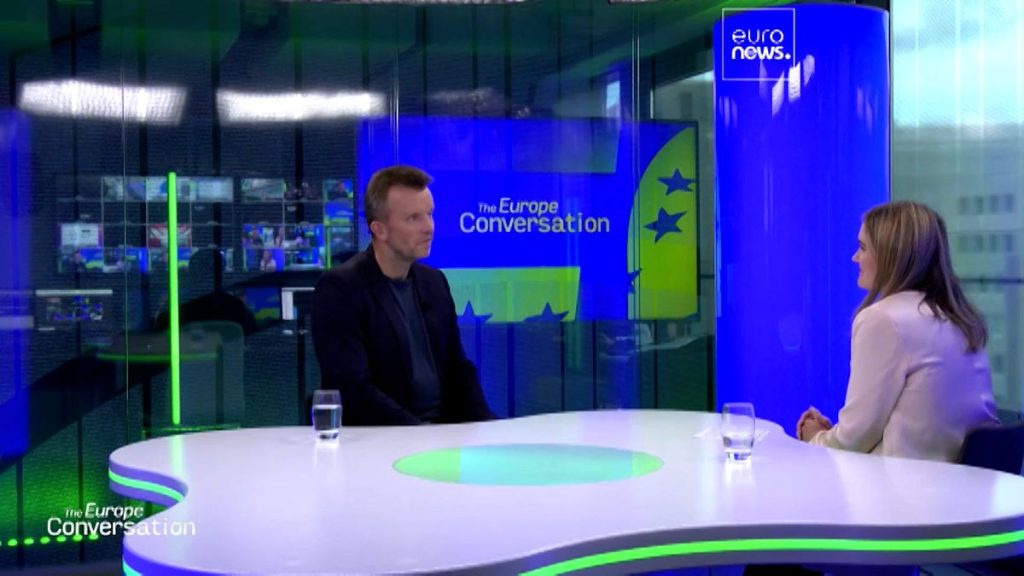The European Union (EU) is currently facing numerous challenges, including the war in Ukraine, conflicts in the Middle East, and uncertainty about future relations with the US. Jacob Kirkegaard, a Senior Fellow at the Bruegel think tank, believes that these difficult times are testing the EU’s unity and credibility in the global arena. The lack of consensus among EU member states on issues such as Israel and Palestine highlights the bloc’s struggles to exert influence on the world stage. This could potentially harm the EU’s reputation among its partners in the Global South, also known as the “Global Majority”.
Kirkegaard pointed out what he views as a “hypocrisy” in the EU’s approach to defending international law. While the EU has strongly supported Ukraine in its conflict with Russia, it has been criticized for not addressing the ongoing humanitarian crisis in Gaza. This inconsistency in the EU’s actions could undermine its credibility and weaken its ability to influence global events. Despite these challenges, Kirkegaard believes that most EU member states are supportive of Ukraine and are working towards a resolution to the conflict in the region.
As the war in Ukraine enters its third year, Kirkegaard believes that the long-term future of the country lies within the EU. He predicts that Ukraine could potentially join the EU by 2030, despite the challenges it currently faces. Ukrainian President Volodymyr Zelenskyy has been presenting his “victory plan” to Ukraine’s allies, including NATO. The plan reportedly involves offensive military operations targeting Russian forces with the use of Western weapons. While the US and German governments may not fully support this approach, other European countries have provided military support to Ukraine.
In the long term, Ukraine’s growing military-industrial complex has enabled the country to carry out accurate long-range drone strikes on Russian targets without the need for permission from Western allies. This development has shifted the dynamics of the conflict and reduced Ukraine’s reliance on external support. However, there are concerns about the upcoming US presidential election and the impact it could have on the situation in Ukraine. Despite these challenges, Kirkegaard remains optimistic about the EU’s support for Ukraine and believes that the country’s integration into the EU is a realistic possibility in the coming years.
Overall, the EU is facing complex and interconnected challenges on the international stage. From the conflict in Ukraine to tensions in the Middle East, the EU’s ability to navigate these issues will be crucial in shaping its future role in global affairs. Kirkegaard’s insights highlight the need for the EU to address its internal divisions and inconsistencies in order to effectively tackle these pressing issues. By remaining united and committed to supporting countries like Ukraine, the EU can emerge stronger and more influential on the world stage in the years to come.


